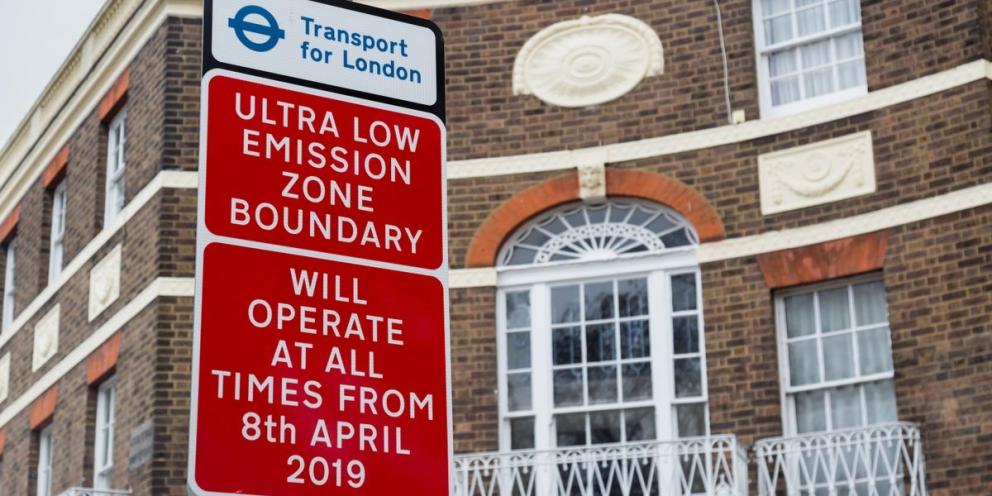THE Ultra Low Emission Zone (ULEZ) policy in London – described as “the world’s most stringent” – resulted in only small improvements in air quality soon after it was implemented, new research has found.
The ULEZ was introduced by Mayor of London Sadiq Khan in 2019 and expanded in October this year, charging drivers £12.50 a day if they travelled in vehicles which didn’t meet particular emission standards – but its effectiveness is now being called into question.
Similar policies have been introduced in other British cities, including Bath, Birmingham and Glasgow, with several others having plans to implement clear air zones, and the new research could impact how those policies are developed.
A study into the impact of London’s ULEZ has found it was marginal in the weeks after it was implemented, according to researchers at Imperial College London (ICL), but other policies mean the air quality in the city has been improving considerably all the same.
The researchers used air quality data to measure changes in pollution in the twelve-week period from 25 February 2019, before the ULEZ was introduced, to 20 May 2019, after it had been implemented.
They found that, compared to the overall decrease in London’s air pollution levels, the ULEZ caused only small improvements in air quality in the weeks following its start date: an average reduction of less than 3% for nitrogen dioxide concentrations, and insignificant effects on ozone and particulate matter (PM2.5) concentrations.
In response to the study, a spokesperson for the Mayor of London said the study was “very misleading”.
Shirley Rodrigues, deputy mayor for environment and energy, said: “This study is very misleading and its findings have been queried by experts within the university. Imperial College’s world-leading Environmental Research Group have been clear that the ULEZ has had a significant and positive effect on London’s air pollution…”
